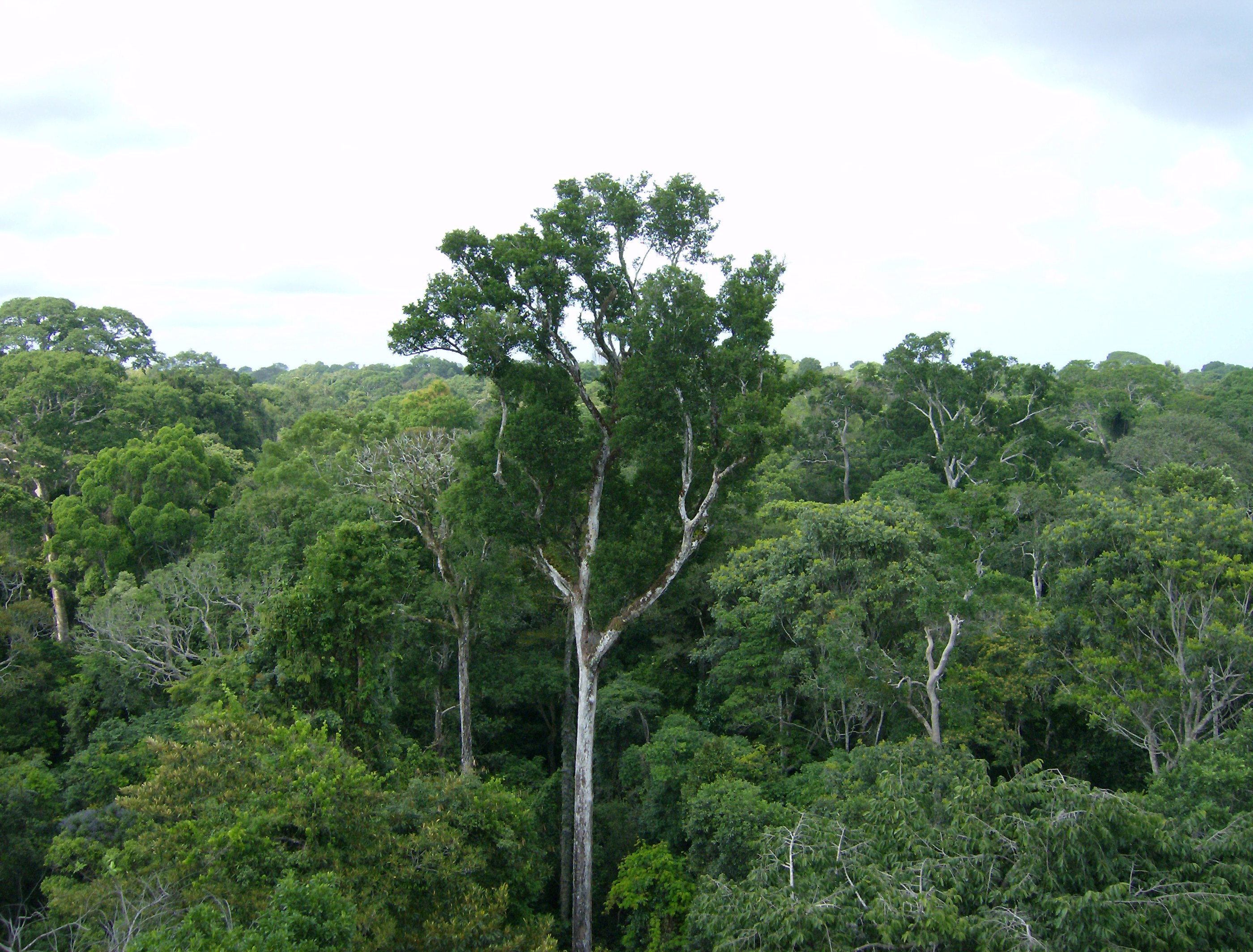Guterres renews zero-emissions appeal to avoid falling into climate abyss
All countries should commit to zero carbon emissions by 2050 if the world is to avoid a disastrous 2.4 degree Celsius temperature rise by the end of this century, UN Secretary General António Guterres said on Thursday.

In his keynote speech at a high-level climate gathering in Petersberg, Germany - six months before world leaders convene in Glasgow, Scotland, for the COP26 Climate Summit - the UN chief also offered a message of hope, insisting that it was still possible to avert the worst impacts of emissions-fuelled environmental shocks.
“I see encouraging signs from some major economies”, he said, referring to countries that represent 73 per cent of emissions have committed to net-zero emissions by mid-century.
All countries – especially in the G20 – need to close the mitigation gap further by COP26, he insisted, highlighting the threat already faced by developing countries, where “people are dying, farms are failing (and) millions face displacement”.
Degrees of hope
“The bottom line is that, by 2030, we must cut global emissions by 45 per cent compared to 2010 levels to get to net zero emissions by 2050. That is how we will keep the hope of 1.5 degrees alive.”
The world’s top priority should be to dispense with polluting coal-fired power stations altogether and replace them with renewable energy, the UN Secretary-General maintained.
This should happen by 2030 in the wealthy countries that belong to the Organization for Economic Cooperation and Development (OECD) and by 2040 across the globe.
Dramatic as this transition away from fossil fuel will be, it must be inclusive and “just...involving local governments, unions and the private sector to support affected communities and generate green jobs”, Mr Guterres continued.
After hailing governments that had pledged to end fossil fuel subsidies, the UN Secretary-General insisted that it was time for all countries to “put a price on carbon and shift taxation from income to carbon”.
And in a direct appeal to concerned citizens, he asked “shareholders of multilateral development banks and development finance institutions” to push for funding solutions for “low-carbon, climate-resilient development that is aligned with the 1.5 degrees (2015 Paris Agreement) goal”.
Developing trust
Developing countries needed this financial support in particular, as annual adaptation costs in the developing world alone are estimated at $70 billion “and these could rise to $300 billion by 2030”, the UN chief explained.
“I reiterate my call to donors and multilateral development banks to ensure that at least 50 per cent of climate finance is for adaption and resilience”, Mr Guterres said, noting that “adaptation finance” to developing countries represents only 21 per cent of climate finance today.
To help these poorer nations in particular, “developed countries must honour their long-standing promise to provide $100 billion annually for climate action in developing countries”, the Secretary-General continued, adding that the success of the upcoming COP26 “rests on achieving a breakthrough on adaptation and finance. This is a matter of urgency and trust.”
The Petersberg Climate Dialogue is an annual event that has been convened by Germany since 2010. It brings together ministers from over 30 countries, top executives, civil society and subnational leaders in preparation for the annual climate COP, which will be held in Glasgow from 1 to 12 November.
Visit UN News for more.









